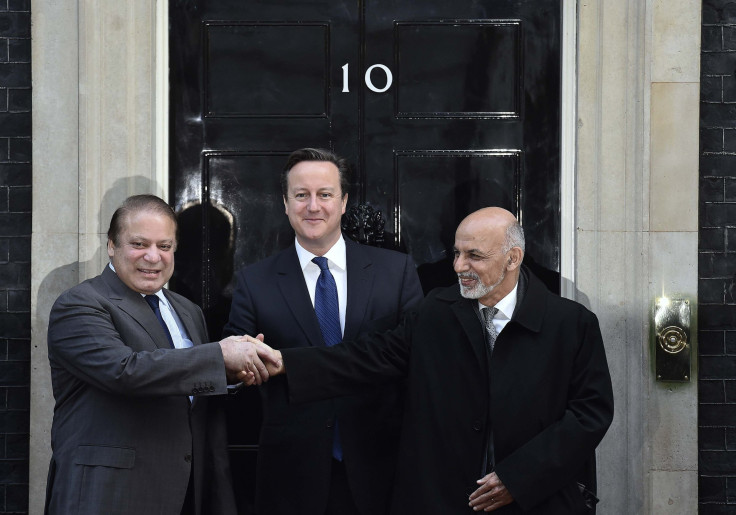Pakistani Taliban In The Crosshairs Of Aggressive Counterterrorism Operations

Nine members of the Tehreek-e-Taliban Pakistan, or TTP, were killed in a missile attack by a U.S. drone Sunday, according to the Guardian, citing as its source the police chief of Afghanistan’s Kunar province, which borders Pakistan’s Khyber Pakhtunkhwa province.
The drone strike came the same day the U.S. handed over to Pakistan three prisoners, including Latif Mehsud, who was identified by Reuters as the former No. 2 commander of the TTP, aka the Pakistani Taliban. It is an alliance of Islamist militant groups based in the northwestern quadrant of the country.
The TTP has acted with impunity for years in the border area between Afghanistan and Pakistan, but it appears increasingly vulnerable, with the Guardian reporting a rising number of counterterrorism operations on both sides of the border. These operations have been enabled by better relations between Islamabad and Washington and by the change in Kabul power politics signified by the election of Ashraf Ghani to succeed Hamid Karzai as president, as indicated by the British newspaper.
With the U.S. and its coalition partners in the International Security Assistance Force, or ISAF, continuing to downsize their presence in Afghanistan, Ghani has seemed more willing than was Karzai to cooperate with both Pakistan and the U.S. in counterterrorism efforts.
“Things are changing very fast because Ashraf Ghani has shown a flexibility and a lot of understanding,” Zahid Hussain, an analyst of Islamic militancy in Pakistan, was quoted as saying by the Guardian. “Since he came to power, we have not seen Kabul blaming everything that goes wrong on Pakistan, even though there has been a big increase in Taliban attacks [in Afghanistan].” Hussain added the Islamabad-Washington relationship also has improved recently, mostly because of Pakistan’s decision to carry out a counterterrorist military operation in the unruly region of North Waziristan last summer.
© Copyright IBTimes 2024. All rights reserved.












